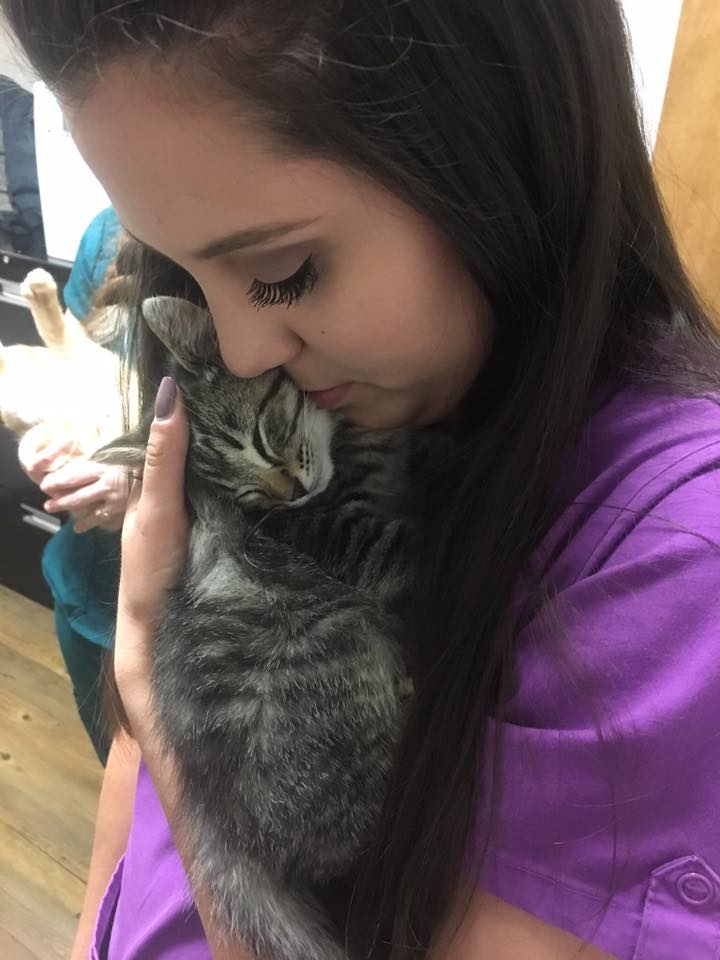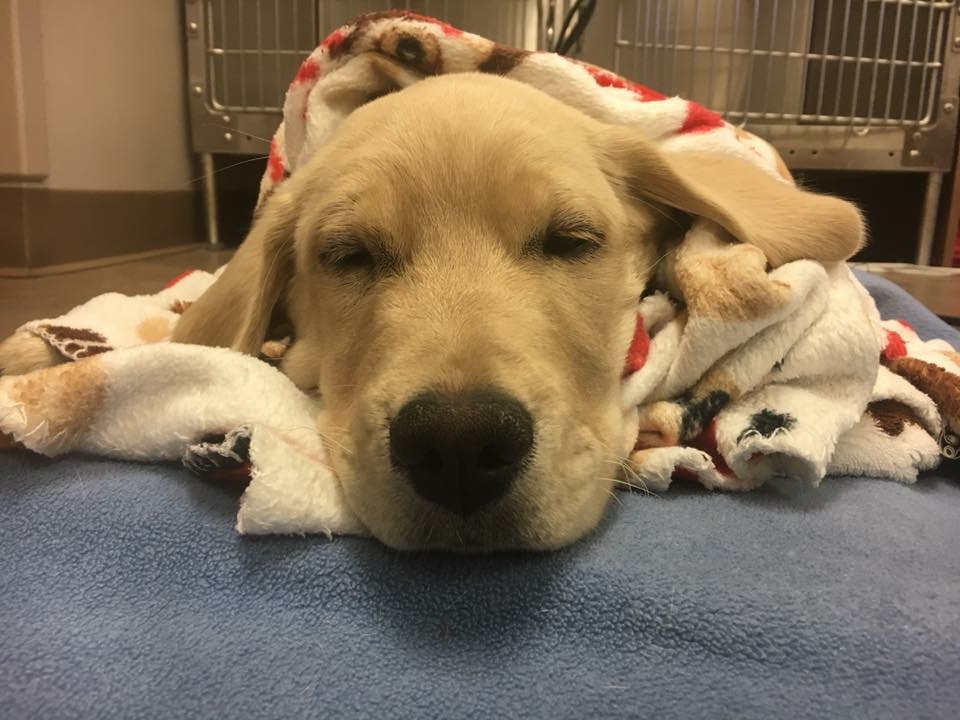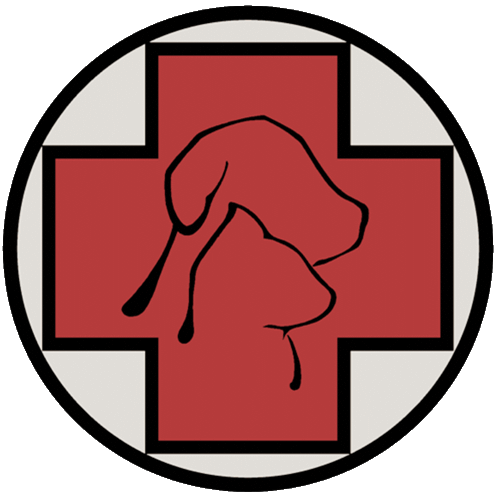An OVARIOHYSTERECTOMY (“Spay”) procedure was performed on your pet today which removes the internal female organs (ovaries & uterus). This is considered a major abdominal surgical procedure involving general anesthesia.
FACTS YOU SHOULD KNOW:
- Spaying does NOT cause a pet to get fat or lazy. This comes from overfeeding & lack of exercise. After spaying your pets nutritional needs do change. They require 25% less calories per day after they have been altered. So in order to prevent obesity your pet needs a reduction in its daily food ration and get plenty of exercise.
- Personalities are NOT changed by the procedure. Personalities MAY NOT fully develop until two (2) years of age. Aggressiveness can be caused by the sexual hormones and sometimes will decrease once the pet is spayed.
POST-OPERATIVE INSTRUCTIONS
- NO Food until the next morning after surgery. Anesthesia and abdominal surgery may cause nausea and vomiting if the pet is fed directly after surgery.
- Give SMALL amounts of WATER ONLY when you get home and at frequent intervals before bedtime tonight. Do NOT let your pet drink a large quantity at one time—or vomiting will occur. If no vomiting occurs by bedtime, leave water available to the pet during the night.
- Do NOT give Aspirin or Tylenol. These can cause excessive bleeding or be toxic to your pet. An additional safe and effective pain injection can be given at the time of discharge if the pet appears to be uncomfortable.
- Restrict jumping as much as possible until the sutures are removed.
- If your pet was “in heat” when spayed, keep her away from male dogs until suture removal. If accidentally bred, of course she can not get pregnant, BUT internal suture could be torn causing internal bleeding and even death.
- Keep the pet WARM & DRY until sutures are removed.
- Be sure IMMUNIZATIONS are kept up-to-date because your pet’s resistance to disease will be lowered for a few days due to the stress of any surgical procedure
Recheck Exam
Return your pet for its free post operative recheck in 10-14 days, or sooner if instructed by our team. At that time we will remove any sutures if need be, and make sure no complications have occurred.
Diet
- Give only small amounts water at frequent intervals tonight. You can offer a few laps every 15‑30 minutes for the first 6 hours after you get home.
- In general do not feed your pet any food until the morning after surgery.
- Regular diet morning after surgery.
You may feed you pet a small meal after 8 pm if the following apply:
- Your pet has had normal activity level.
- If they have had no vomiting since coming home.
- They are acting starved and just will not wait till morning.
Activity
- Please restrain your pet when leaving the clinic by using either a leash or a pet carrier, to prevent them from getting hurt or escaping.
- Drowsiness may be noted today and tomorrow.
- Medications administered following surgery may cause them to be sleepy. Keep your pet in a protected environment so that she stays warm and does not get hurt.
- Your pet can go back to her regular activity, within reason, tomorrow, if she is acting normal.
Incision Care
- Watch any incisions for swelling, redness, or drainage. Apply nothing to the incision without our knowledge.
- Mild amount of bruising can be expected and is normal.
- Occasional dripping of blood or a blood tinged fluid is normal for first 24-48 hrs, but if it seems excessive please contact us.
- Prevent excessive licking, and keep her in an environment that will keep incisions clean.
- Return in 14 DAYS for suture removal or recheck . There is no charge unless sedation is required.
Medications
- Give the pain medication prescribed as directed on the label.
- Give any antibiotics prescribed as directed on the label.
- Apply topical medication as directed.
- Use other medications prescribed as directed on the label.
Other General Instructions
- Purchase an Elizabethan collar if she licks the sutures excessively. If after hours, they can be found at the pet stores as well.
- Many pets will not have bowel movements for 1 ‑ 3 days after anesthesia. This is normal, provided she is acting normal otherwise.
- It is best you do not give her a bath till any sutures are removed. In the event she must be bathed, apply Vaseline or antibiotic ointment to the incisions and shower her. Do not submerge in a bath.
- Our major concern is the comfort and healing of your pet. Please call the clinic at any time you have a question or concern.
Notify the clinic if any of the following occur:
- Vomiting or Diarrhea after 24 hours.
- Refusal to eat after 48 hours.
- Severe pain.
- Any evidence of significant bleeding from the incision.
- Continuous lick or pulling at the sutures. (Restraint Collar May Be Needed)
- Excessive swelling of the incision.
- The incision comes open.
Contact Us With Any Other Concerns
Please call us with any questions or concerns you may have. Though spays typically are routine major surgeries and rarely have complications every pet is unique and any complications are better treated early, so the sooner you contact us with concerns the sooner we can intervene if needed.
Please feel free to contact us with any concerns or questions at
615-459-0806
or submit the form below
Thank You For Trusting Us With Your Pets Care!



